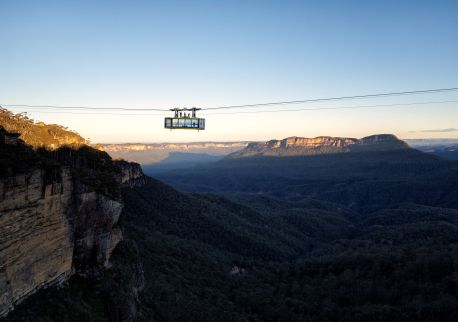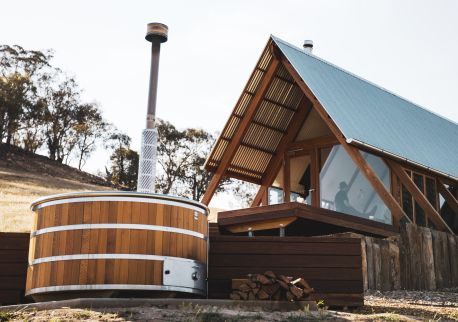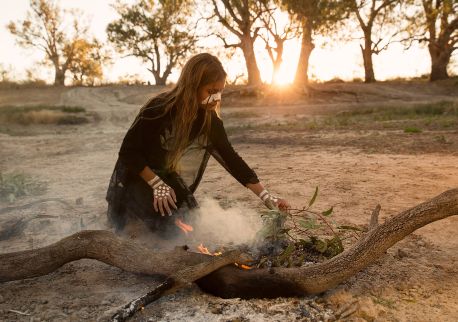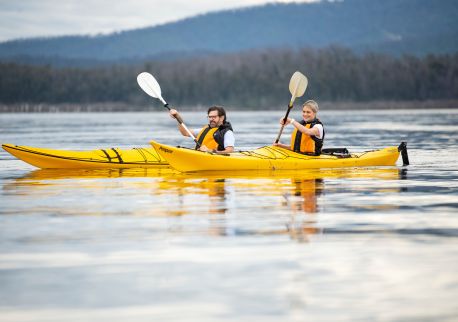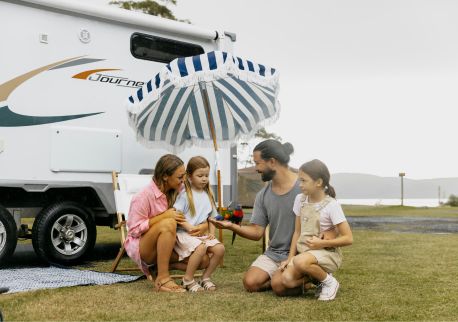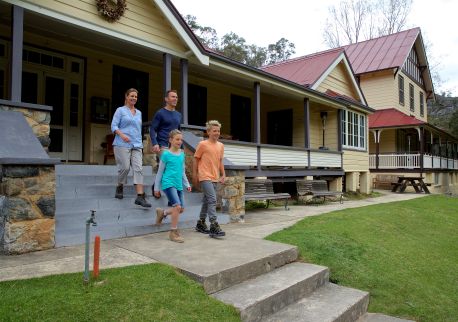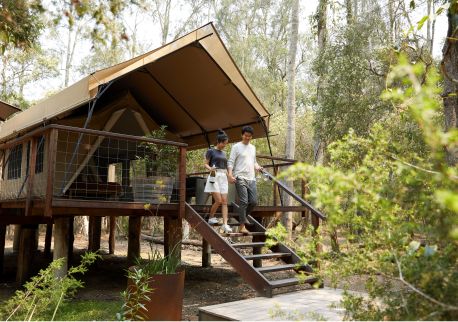Alpaca Farm Tour
Overview
Explore the farm with one of our experienced tour guides! Start your tour by meeting one of the halter-trained alpacas or llamas for an adorable photo that will make all your friends and family jealous.
After a fabulous photo opportunity with your new fluffy friend, then you will go into one of the alpaca paddocks, with the tour guide, where you will be surrounded by our happy herd. The herd will race over to see you and the tasty treats you will have for them. You will then have the chance to feed them from the tasty bucket…which they love!
You will enjoy an exciting and educational talk on the steps involved in getting the fibre from the paddock to a finished product. You will also learn about the herd's quirky personalities and how some of them got their names! You will finish off the tour with a complimentary snack (tea, coffee or soft drink and sweet/savoury snack) to enjoy while you watch the herds grazing in their paddocks.

